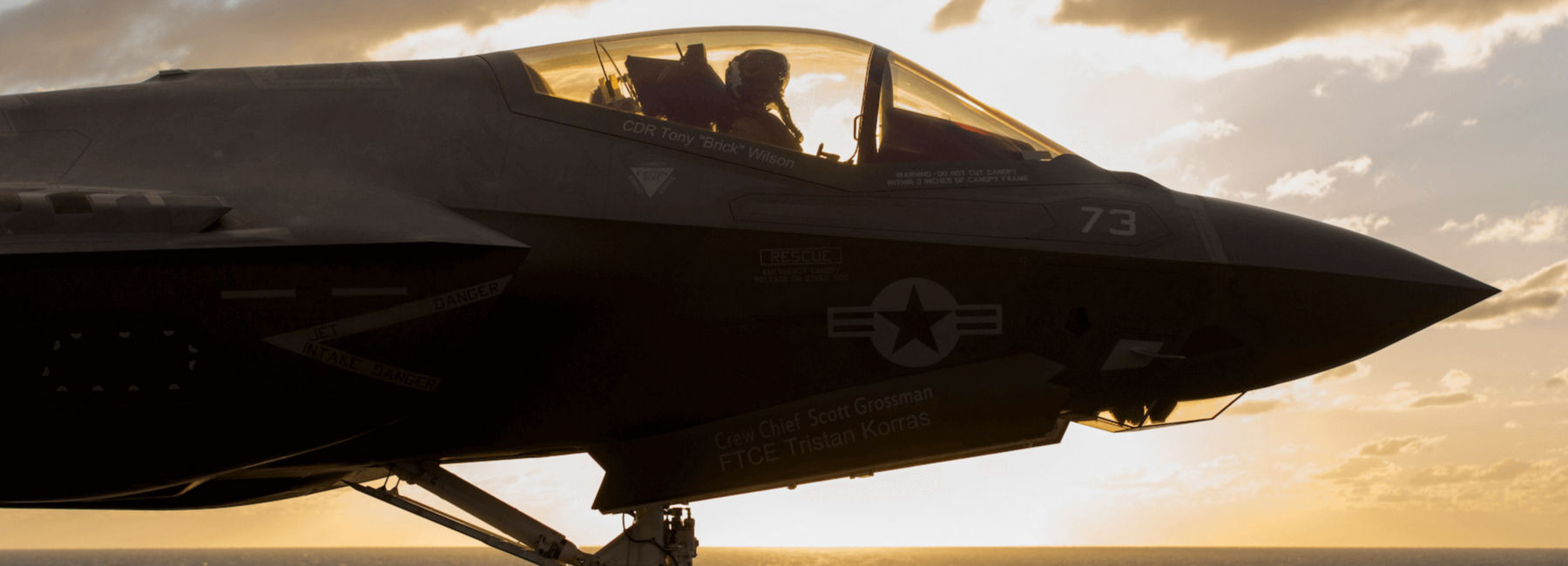Lockheed Martin Aeronautics is taking steps to implement a next-generation Manufacturing Execution System (MES) and the accompanying digital thread.
The ultimate goal is to align business strategy, infrastructure and technology to establish true digital continuity across production.
DXC is partnering with Lockheed Martin Aeronautics as a system integrator, bringing its tool expertise to help implement the new MES.
The MES is the connection between the product life-cycle management system, the industrial internet of things (IIoT) and the enterprise resource planning (ERP) system. A next-generation MES is designed to provide better control, velocity, quality and compliance while giving plant managers complete visibility into production activities.
The digital thread connects the enterprise and the entire supply chain; it ensures that suppliers, partners and customers become part of one digital ecosystem. A fine-tuned MES is foundational to digital threads and smart factory systems because it allows for an uninterrupted flow of information.
For this project, the rollout was planned across Lockheed Martin’s largest division, Aeronautics.
There are universal challenges to MES implementation:
- The shop order in the MES is the mechanism for capturing the characteristics of the as-built aircraft and populating the structural digital twin.
- Engineering changes happen on a regular basis and often impact the product while it’s being built. Timeliness and accuracy of the datails are critically important for the efficacy of the final product.
- The MES is the conduit to the shop floor for design data, once again emphasizing the importance of both the accuracy and the timeliness of data.
Integrating manufacturing systems data creates digital continuity, making it possible to keep track of the changes taking place in the production process, in near real-time. Relevant data is integrated on the back end and delivered to the manufacturing facilties in a coherent way — packaged as part of the shop order, with links, so each shop-floor operator has explicit instructions with no room for error.
The MES project required extensive research and planning. Starting with the Lockheed Martin strategic plan, the future state of both IT information technology and operational technology systems specifically mapped out how the new MES will deliver on business goals.
As Lockheed Martin Aeronautics completes the new MES, it will realize better efficiency and continuous improvement through data capture and analysis. And the company’s other business segments can parlay the benefits to their own operations. This helps meet the global demand for aircraft production and reduce operational costs.
Innovation continues to define Lockheed Martin’s leadership in the industry.
About the authors
Jeff Gleeson, senior manager, Manufacturing Systems, Lockheed Martin Aeronautics, is active in digital transformation initiatives including the roadmap for integrated PLM, MES and ERP.
Greg Deabler, transformation general manager, DXC Technology, leads strategic change behind Industry 4.0 for Aerospace & Defense and Defense organizations.
